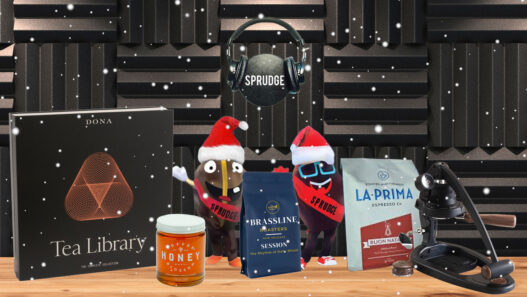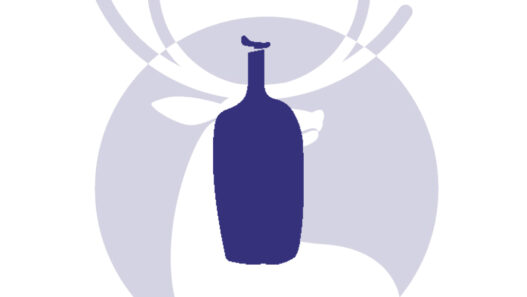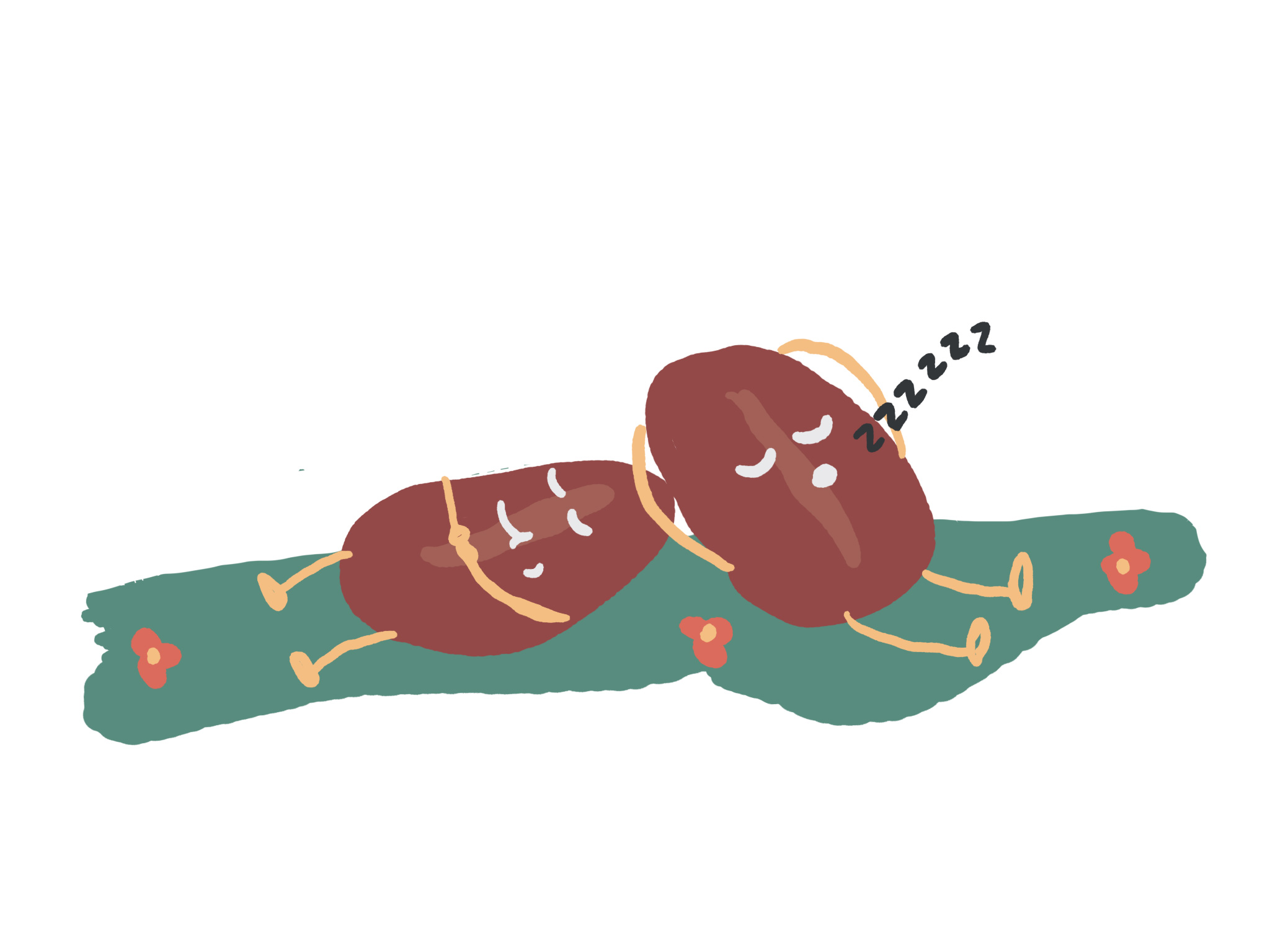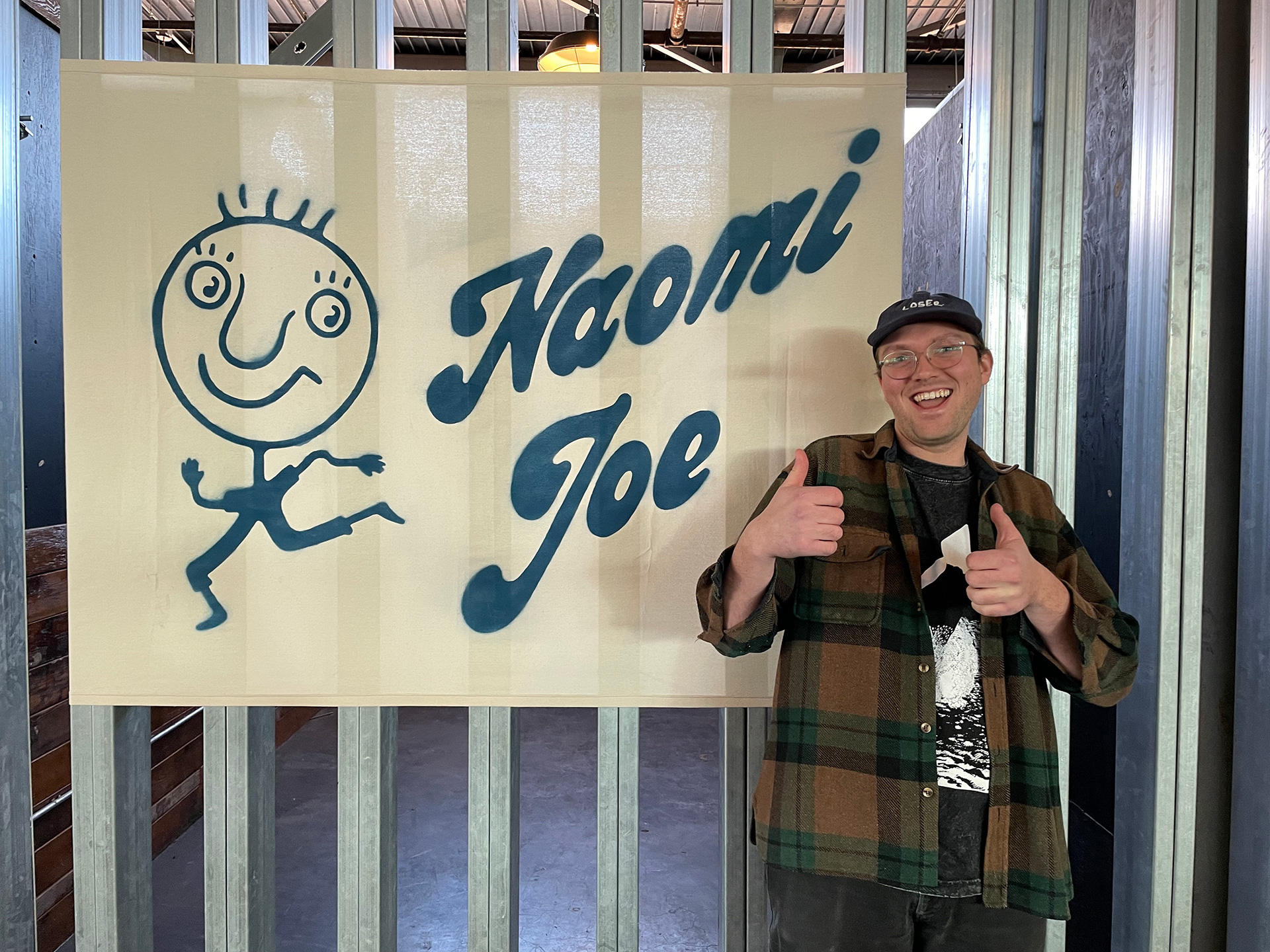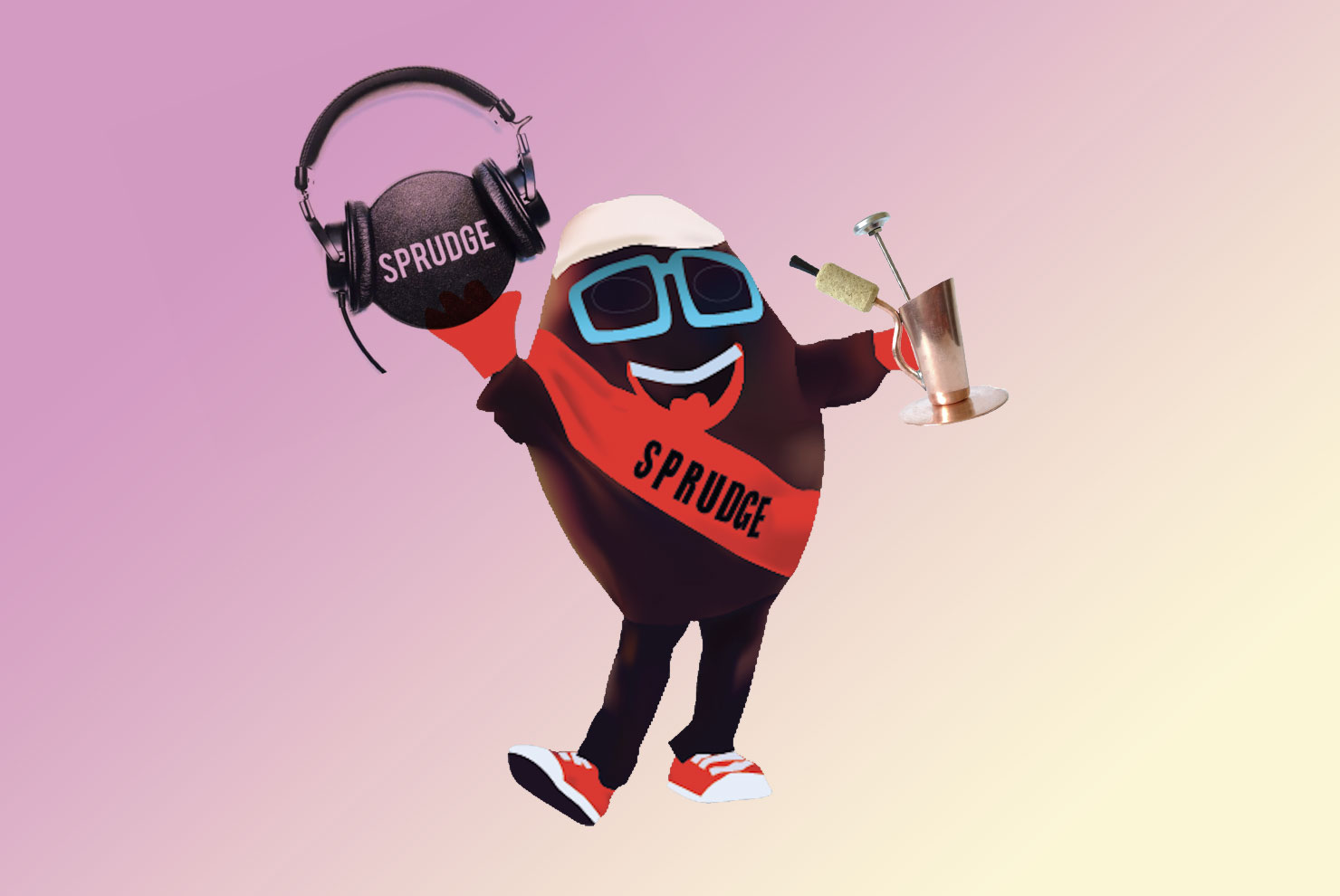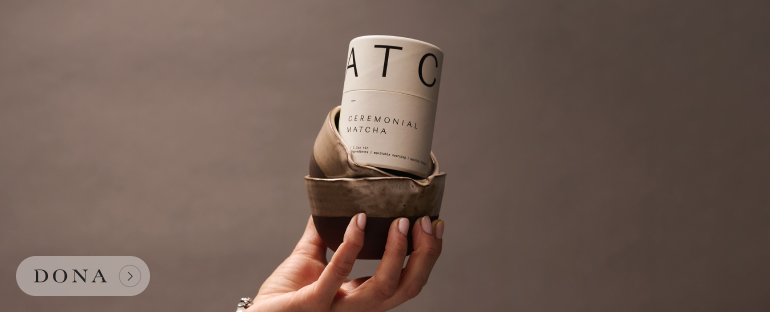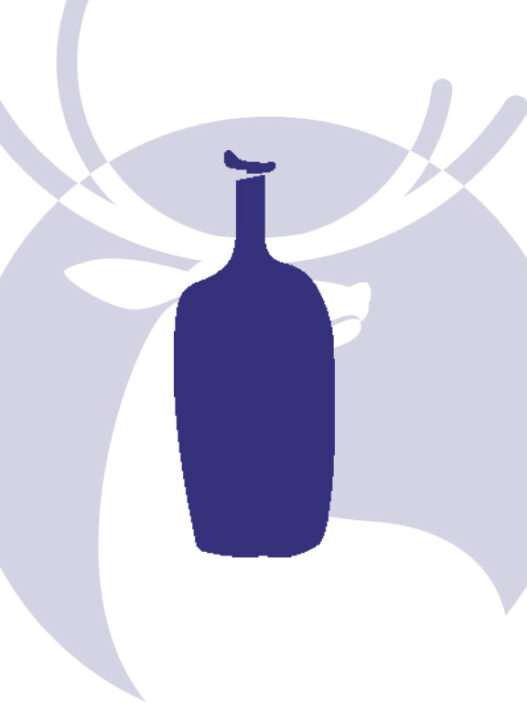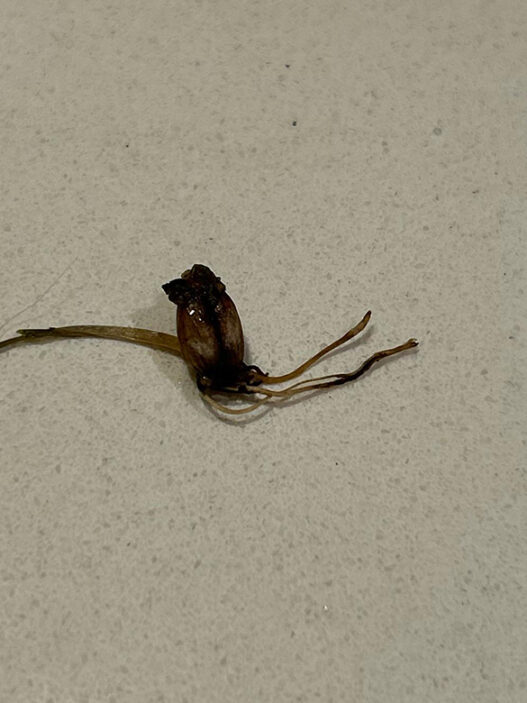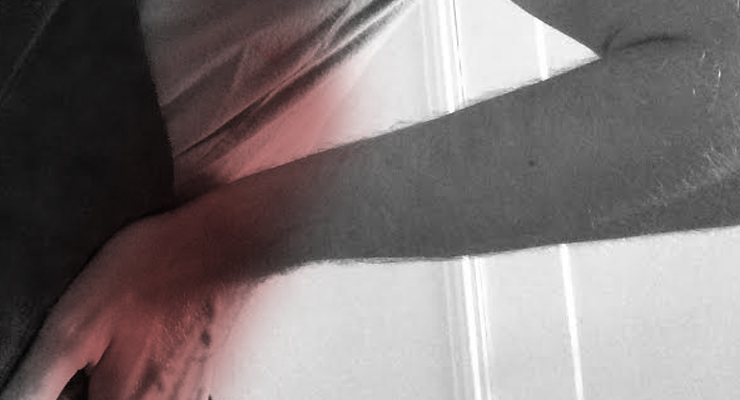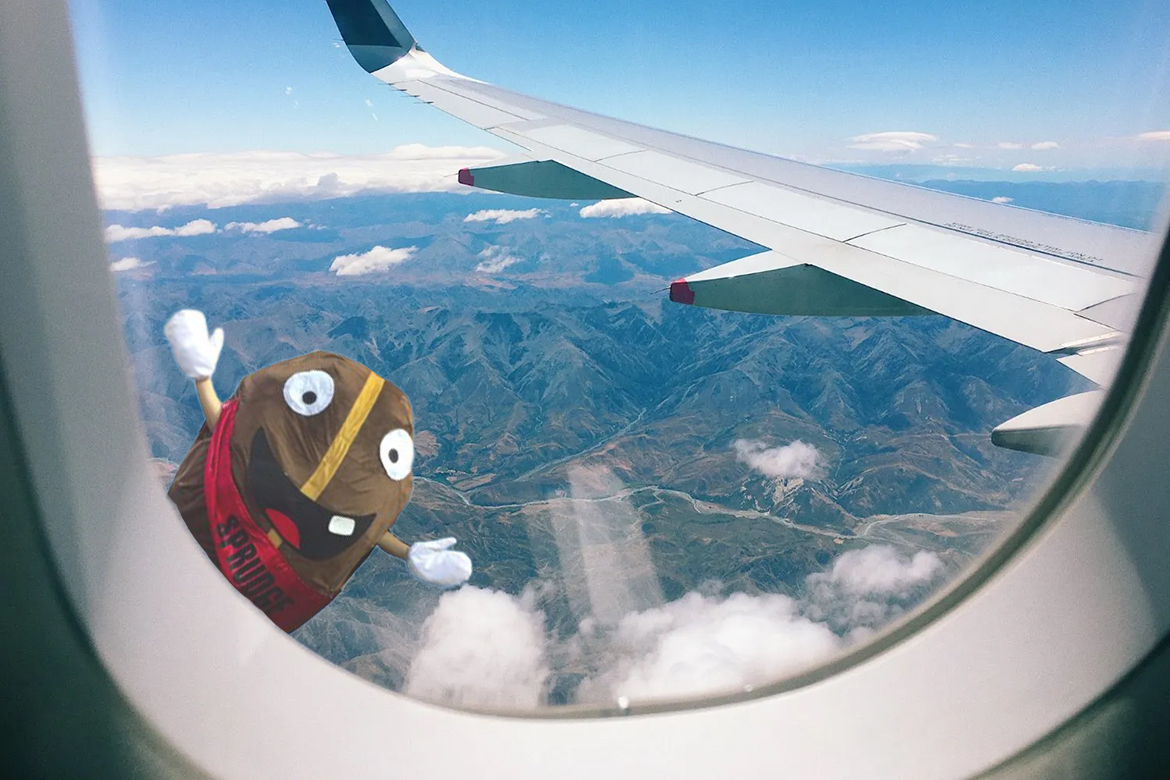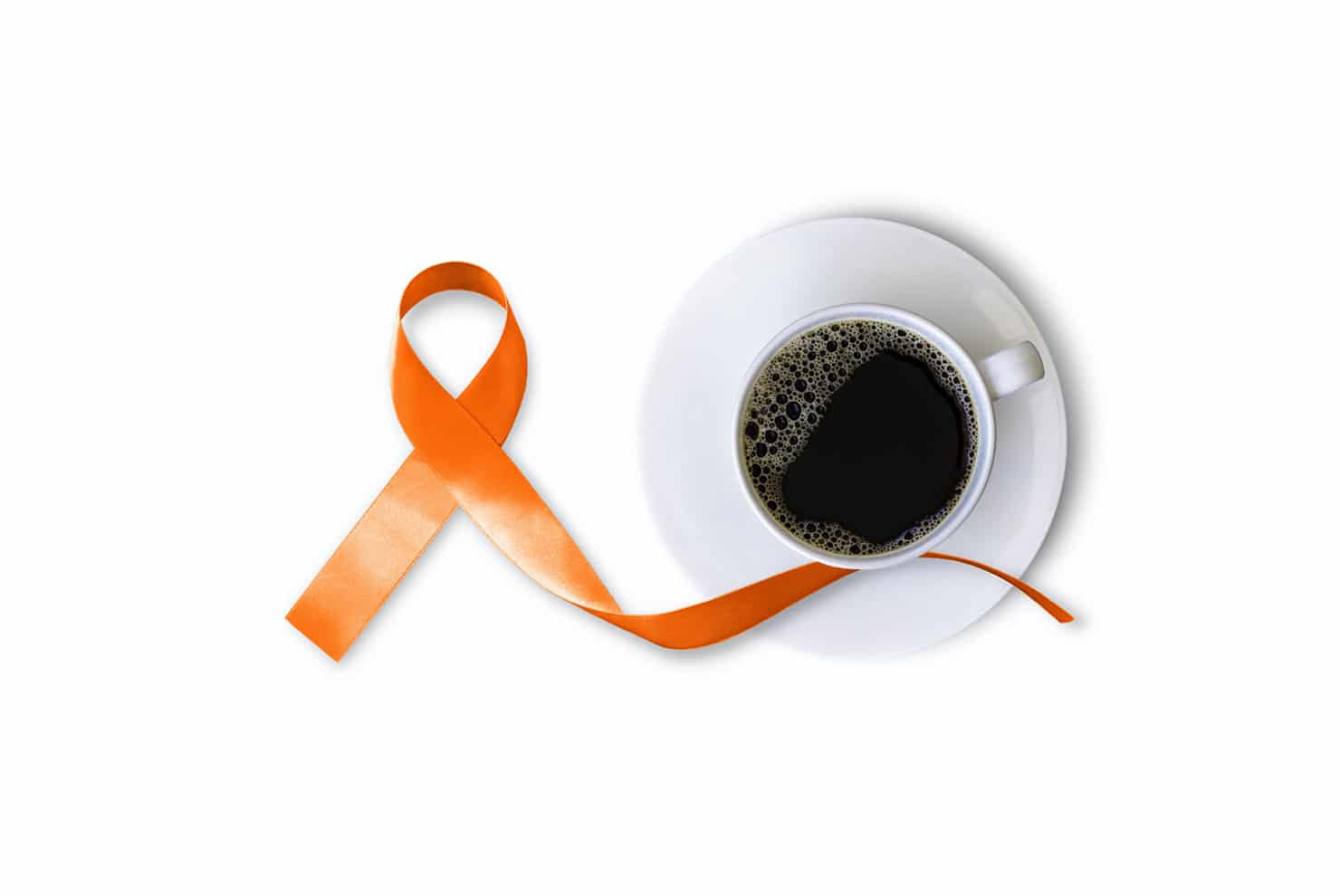Lovers of decaf coffee have long wondered about the possibilities of growing coffee naturally without producing caffeine. But that has been a bit of a sticky wicket, botany-wise. An attractive quality for those looking to perk up, caffeine also served as a natural protection against pests for coffee cherries, and without it, those sweet little seeds are left defenseless.
But a new development out of a coffee research institute in Brazil is showing promise in unlocking this decades-long mystery. The Instituto Agronomico de Campinas (IAC) is starting to plant new varieties of Arabica coffee they have developed to be naturally decaffeinated.
As reported by The Guardian, the IAC has been working for over 20 years to develop a viable naturally decaffeinated Arabica. For the past two-plus decades, they have been cross-breeding Arabica varieties that naturally produce very low amounts of caffeine “using the germplasm bank at their facilities.”
And now, the project enters the next phase, with the developed naturally decaffeinated varieties beginning to be planted around different coffee growing regions in Brazil. “The results we had so far look promising, we are upbeat,” said Julio Cesar Mistro, the IAC researcher in charge of the project.
The Guardian notes that decaf comprises around 10% of coffee consumption in the United States. Naturally decaffeinated coffee might theoretically offer benefits for both roasters and coffee producers, and it could yield an interesting flavor profile. A lot of the drama around Hating Decaf is born from outdated stereotypes—today’s modern landscape for tasty decaf is both delicious and flavoristically diverse—and there is time before the overall success or failure of these naturally decaffeinated varieties can be determined. Coffee trees generally take two to three years before they begin developing fruit, so the first potential coffee from these plants is still quite a few harvests away.
Still, it’s an exciting development for coffee’s softer side. If the new varieties prove to be viable, it might represent the final nail in the Death Before Decaf coffin.
Zac Cadwalader is the managing editor at Sprudge Media Network and a staff writer based in Dallas. Read more Zac Cadwalader on Sprudge.




